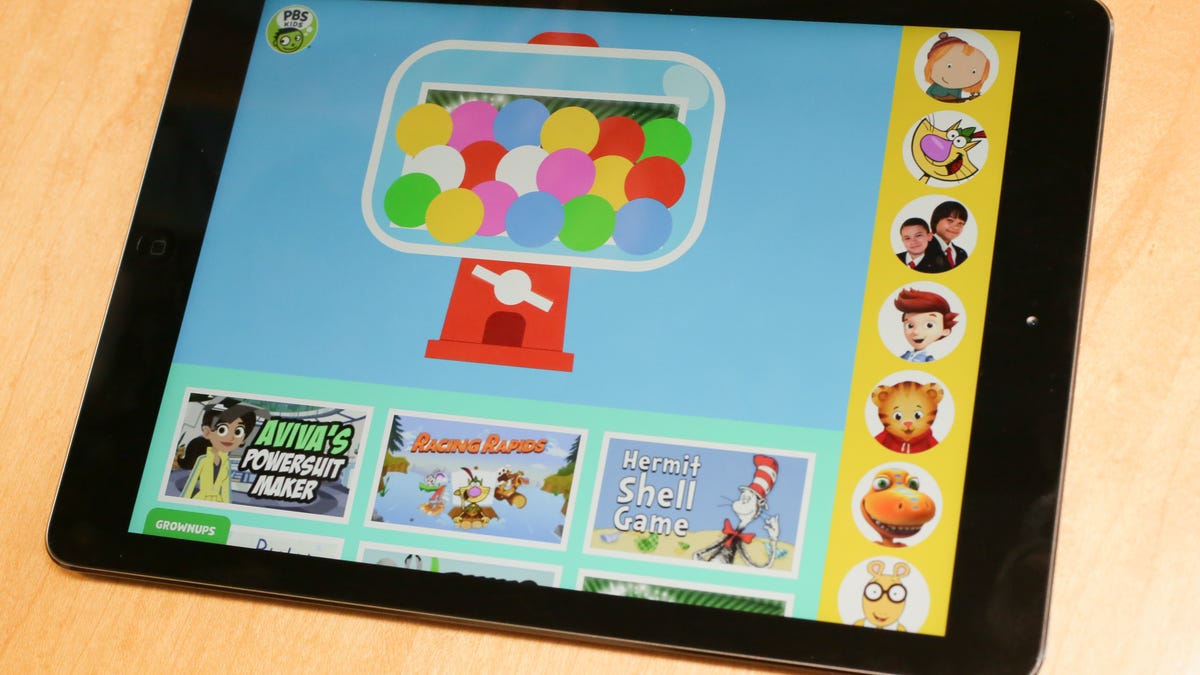Apple's restrictions on kids apps will hurt PBS, the broadcaster says
New App Store rules aimed to protect kids' privacy will be a blow to the network, which uses data to make its apps more effective educational tools, says PBS' CEO.

PBS CEO Paula Kerger: "We're not selling stuff to kids."
The US Public Broadcasting Service faces challenges beyond the Trump administration's efforts to defund it. Paula Kerger, CEO of the nonprofit broadcaster, says PBS has now encountered an obstacle from Apple .
Kerger said Tuesday that a new restriction from the iPhone maker will limit how PBS can work with third-party developers and will ultimately harm the PBS Kids app. She made the remarks during a Recode conference in Arizona.
Apple plans to limit third-party tracking in apps listed under the kids category in the App Store. The decision, which goes into effect Sept. 3, is meant to protect younger users.
But Kerger said PBS uses the data to make its apps more effective as educational tools, she said.
"We're not selling stuff to kids," said Kerger.
If Apple's new guidelines kick in as planned, Kerger said, PBS Kids will have to be taken down.
"We have millions of kids that are using our apps, so it's a challenge," Kerger said.
PBS is talking to Apple about the restrictions. PBS and Apple didn't immediately respond to a request for comment.
PBS encountered similar issues with Facebook and Google prior to Apple's rule changes, according to Kerger. In 2018 as part of an effort to fight propaganda, Google-owned YouTube proposed labeling content from broadcasters that receive government funding. Critics said the move could set PBS alongside networks like Russia's RT. A PBS spokesman said at the time that the policy "could wrongly imply that the government has influence over PBS content, which is prohibited by statute."
Kerger said PBS has also had trouble with Facebook. The social media site labeled the broadcasting company's content as political ads. PBS had to remove the content, and it took nine months for the issue to be resolved, she said.
YouTube and Facebook didn't immediately respond to requests for comment.
"We love working with all these platforms," Kerger said. "It gives us amazing reach. Talk to us. Sit down and talk to us."
In addition to the new rules against third-party tracking in apps, Apple is also doubling down on iOS parenting apps. Apple said the decision to remove parental control apps was for security reasons.
Originally published June 13, 8:50 a.m. PT.
Updates, 11:13 a.m., 1:36 p.m.: More background details included.

